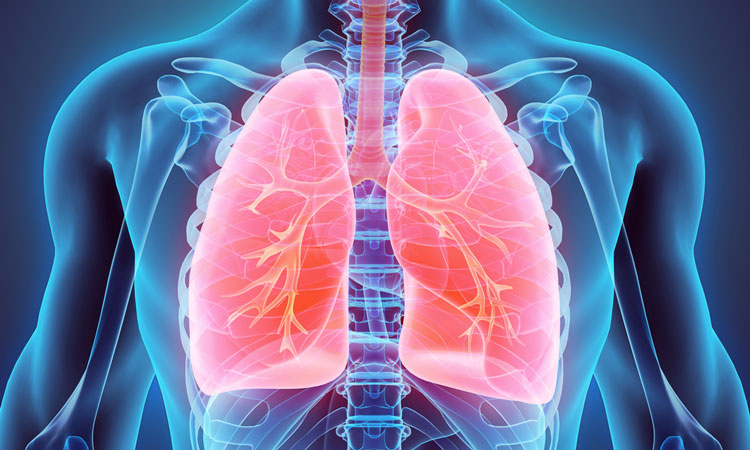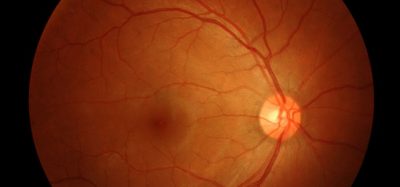Insmed wins first EU approval for non-cystic fibrosis bronchiectasis treatment
Posted: 20 November 2025 | Catherine Eckford (European Pharmaceutical Review) | No comments yet
Oral small molecule treatment Brinsupri (brensocatib) could become a new standard of care for patients with the progressive lung disease.


The European Commission (EC) has approved Insmed’s Brinsupri (brensocatib 25mg tablets), making it the first licensed treatment for non-cystic fibrosis bronchiectasis (NCFB) in the EU.
The European Commission’s approval [offers] a much-needed treatment that can help reduce exacerbations, potentially slow disease progression, and reshape the treatment landscape for [non-cystic fibrosis bronchiectasis]”
Insmed’s oral treatment is indicated for individuals 12 years of age and over with two or more exacerbations in the prior 12 months and authorised under accelerated assessment by the EMA.
Lead study investigator of the phase III ASPEN trial, James Chalmers, MBChB, PhD, said: “The European Commission’s approval represents a major milestone for patients and clinicians in Europe, offering a much-needed treatment that can help reduce exacerbations, potentially slow disease progression, and reshape the treatment landscape for this debilitating disease.”
Data supporting the EU approval of Brinsupri
Clinical findings from both the ASPEN and phase II WILLOW studies contributed to the EC’s final decision. For example, data from ASPEN showed that patients experienced a 19.4 percent reduction in annual rate of exacerbations, compared to placebo.
The first-in-disease, first-in-class DPP1 inhibitor also met several key secondary endpoints. This includes significantly extending the time to first exacerbation and significantly increasing how many patients remained exacerbation-free during Brinsupri treatment. Additionally, participants also had a statistically significant less decline in lung function, compared to placebo at week 52.
Dr Martina Flammer, MBA, Chief Medical Officer of Insmed, said: “With brensocatib, we now have the first treatment for non-cystic fibrosis bronchiectasis approved in the EU – a historically overlooked population with long-standing unmet medical needs.
“The accelerated approval reflects the strength of the data and the potential to become the new standard of care for treating patients with non-cystic fibrosis bronchiectasis who had at least two prior exacerbations.”
The EC’s approval follows a positive opinion from the Committee for Medicinal Products for Human Use (CHMP) on 16 October.
Related topics
Data Analysis, Drug Markets, Drug Safety, Industry Insight, Regulation & Legislation, Research & Development (R&D), Therapeutics









